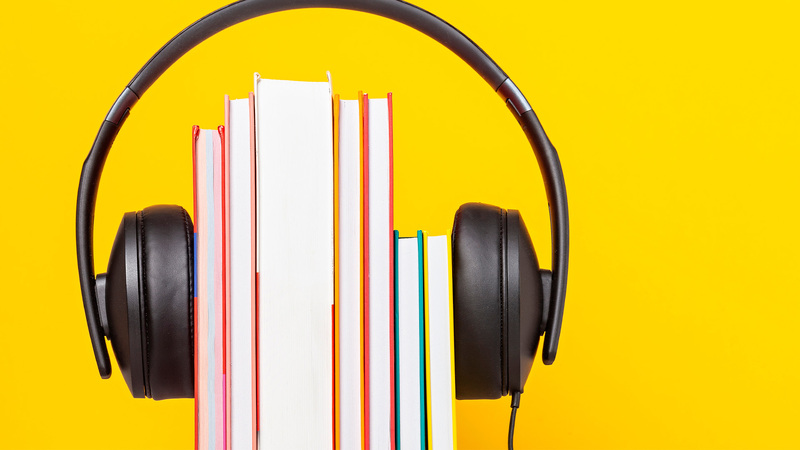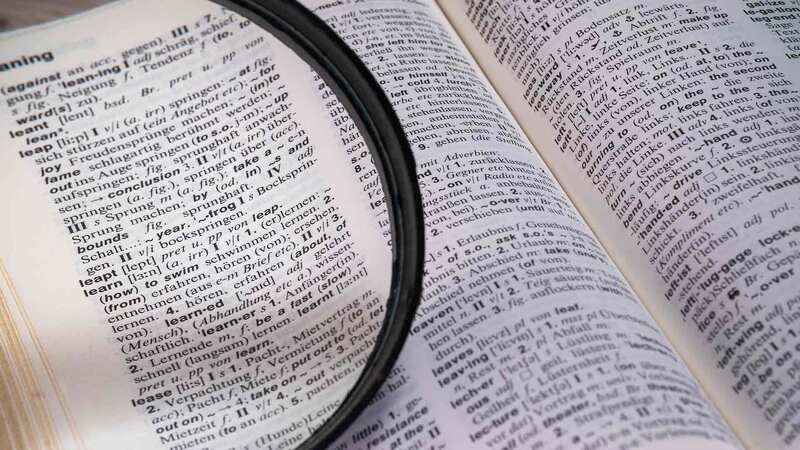You are viewing your 1 free article this month. Login to read more articles.
PA welcomes 'positive' ruling supporting removal of VAT on Times digital editions
The Publishers Association has welcomed a judge's decision ruling that digital versions of the Times and Sunday Times should be subject to a zero-rate of VAT, saying it supports the central message of the Axe the Reading Tax campaign.
News Corp UK won its appeal against HMRC, which raised questions over whether digital versions of its newspapers could still be classed as "newspapers", despite having the capacity for more regular updates than printed versions, and should therefore be zero-rated for VAT purposes. Law exempting newspapers from VAT was written in 1972, on the basis that newspapers benefit the public.
The PA said it is now considering the implications of the Upper Tribunal judgment for e-books, e-journals and audiobooks.
Because the online editions of the Times and Sunday Times are only updated three times a day (in contrast to the BBC and competitors including the Guardian that have rolling news), News Corp argued they still meet the legal definition of a newspaper.
The PA has repeatedly called for the removal of VAT on all digital publications, including newspapers and magazines but also extending to e-books, audiobooks, research journals, textbooks and educational materials.
It has emphasised VAT on digital publications is "unfair" and "outdated", particularly since the EU council decided in October 2018 to allow—but not force—member states to give digital publications the same VAT-free status as printed books. Furthermore, ending the tax discrepancy between digital and print would promote literacy, particularly among young people and disadvantaged school children, it has argued.
Stephen Lotinga, chief executive for the PA, said: "This is a positive outcome and reinforces the principle that publications should not be taxed differently in digital formats—a central message of the Axe the Reading Tax campaign. We and many others have long argued that VAT on digital formats is unfair, illogical and outdated and that they should be zero-rated as print publications rightly are. We are considering the implications of this judgment for e-books, e-journals and audiobooks and looking very carefully at next steps."



















